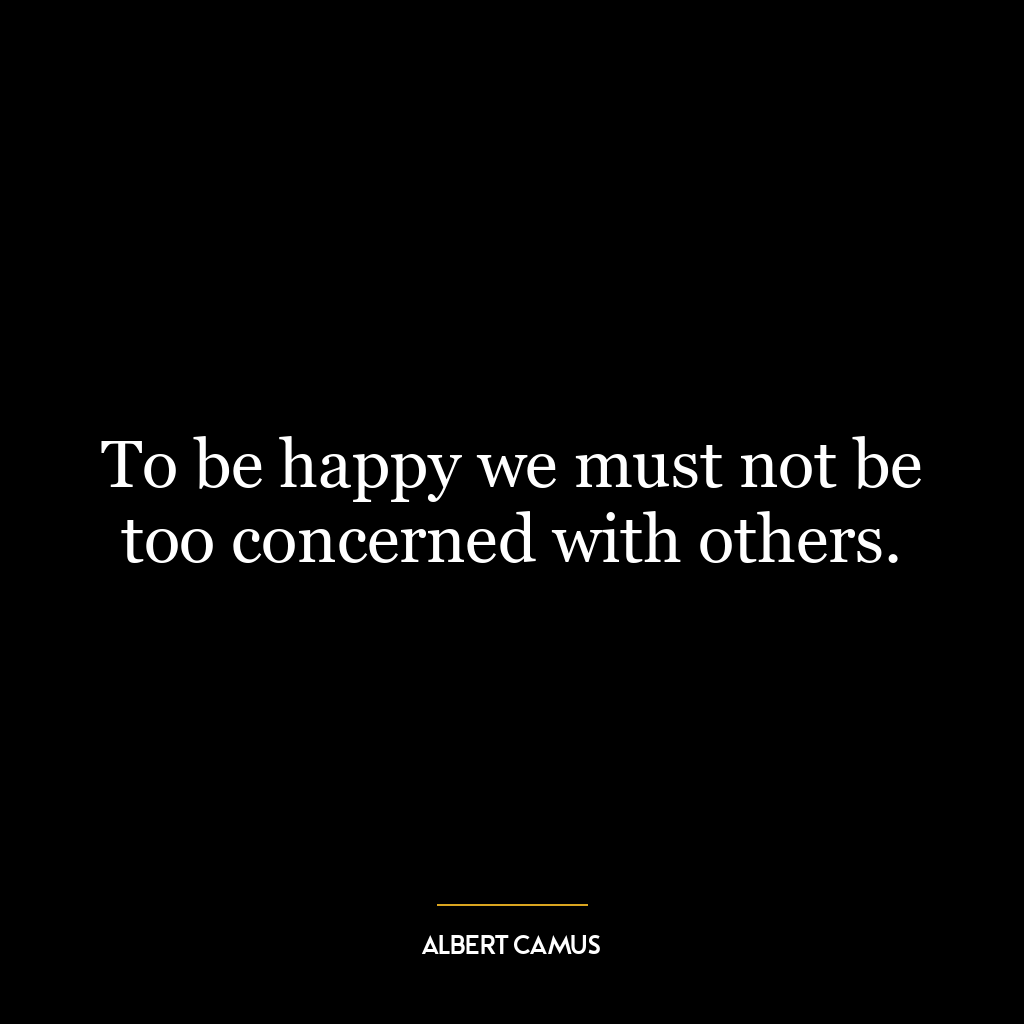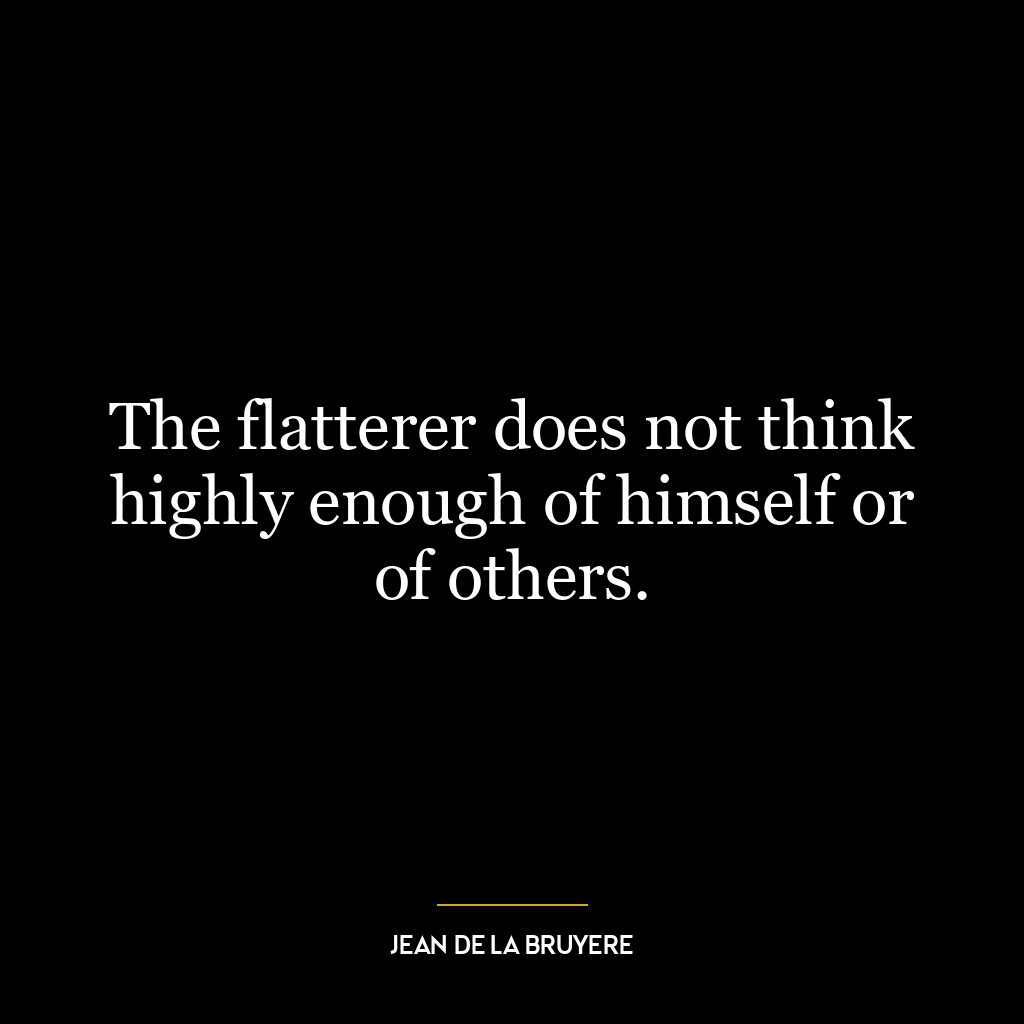To be happy we must not be too concerned with others.
This quote emphasizes the importance of focusing on oneself for personal happiness. It suggests that over-concern for others’ opinions, feelings, or actions can detract from our own contentment. The quote does not advocate for complete disregard for others but rather warns against allowing external factors to dominate our internal state of being.
In essence, it’s about finding a balance between empathy and self-preservation. Being too concerned with others can lead to a loss of self, as we might start to prioritize their needs, opinions, or judgments over our own. This can result in feelings of resentment, stress, and unhappiness. On the other hand, not caring about others at all can lead to isolation and a lack of human connection, which is equally detrimental to our happiness.
Applying this idea in today’s world is particularly relevant given the prevalence of social media and the constant exposure to others’ lives it provides. It’s easy to compare ourselves to others and become overly concerned with their opinions or perceptions of us. This can lead to anxiety, low self-esteem, and unhappiness. By focusing more on our own values, goals, and self-growth, we can cultivate happiness from within, rather than seeking it externally.
In terms of personal development, this quote encourages self-awareness and self-reflection. It prompts us to examine our motivations and whether they are driven by our own desires or by our concern for others. It urges us to set boundaries and prioritize our own needs and well-being. By doing so, we can develop a stronger sense of self, boost our confidence, and ultimately, enhance our capacity for happiness. This doesn’t mean we should stop caring for others, but rather balance our care for them with care for ourselves.















